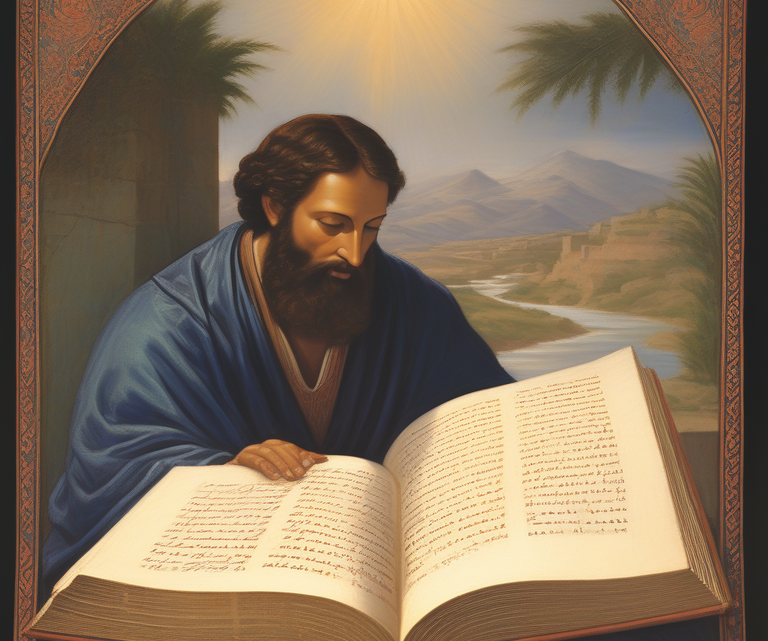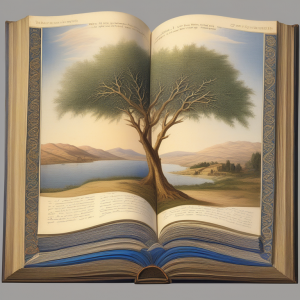“Echoes of Ancient Songs: The Psalms and Their Reflection in the Psalms of Solomon”


Introduction: The Book of Psalms in the Hebrew Bible and the Psalms of Solomon, a collection of Jewish poems from the Second Temple period, represent two remarkable bodies of religious poetry. While the former is well-known in both Jewish and Christian traditions, the latter is less familiar but equally rich in theological and historical insights. This exploration seeks to compare and contrast these two collections, shedding light on their themes, styles, and theological perspectives.
Canonical Psalms: The Psalms in the Hebrew Bible are a collection of 150 songs, prayers, and poems that express a wide range of emotions and thoughts, from deep despair to exuberant praise. They encompass a variety of themes, including worship, God’s power and majesty, lamentation, and the longing for salvation. Notable psalms like Psalm 23 (“The Lord is my shepherd”) and Psalm 137 (“By the rivers of Babylon”) have deeply influenced Jewish and Christian liturgy and spirituality.
The Psalms of Solomon: The Psalms of Solomon, a collection of 18 psalms, were likely written around the time of the Roman conquest of Jerusalem in 63 BCE. Unlike the canonical Psalms, they are more uniformly focused on specific historical events and crises affecting the Jewish people. They express a fervent hope for divine intervention and the restoration of Israel. The Psalms of Solomon also reflect a strong Messianic hope, with Psalm 17, in particular, portraying a vivid expectation of a Davidic Messiah who would purge Jerusalem of its enemies and restore the kingdom.
Comparative Analysis: When comparing these two collections, several differences and similarities become apparent. Both sets of psalms are deeply rooted in the Jewish experience and express a profound relationship with God. However, while the canonical Psalms are more diverse in style and content, the Psalms of Solomon are more uniform, focusing predominantly on the theme of deliverance and restoration. The Psalms of Solomon are also more explicitly messianic, reflecting the intense longing for a savior during a period of political turmoil and oppression.
Theological Perspectives: Theologically, both collections emphasize God’s sovereignty and faithfulness. The canonical Psalms often portray a personal and intimate relationship with God, while the Psalms of Solomon emphasize national deliverance and the hope for a future Messianic king. This difference reflects the varying contexts in which these collections were written – the Psalms during a period of both kingdom and exile, and the Psalms of Solomon during a time of occupation and longing for liberation.
Conclusion: The Book of Psalms and the Psalms of Solomon, each in their own right, offer profound insights into the human-divine relationship. They reflect the hopes, fears, and faith of the Jewish people across different periods of their history. By studying them together, we gain a richer understanding of the theological and historical continuity within the Jewish tradition, as well as the evolving nature of its expression in times of peace and turmoil.
References:
- The Holy Bible, The Book of Psalms
- Wright, J. Robert. “The Psalms of Solomon: A Critical Edition of the Greek Text.” T&T Clark, 2007.
- Atkinson, Kenneth. “The Psalms of Solomon: Language, History, Theology.” Early Judaism and Its Literature, Society of Biblical Literature, 2014.
- Sanders, James A. “The Psalms Scroll of Qumran Cave 11 (11QPsa).” Discoveries in the Judaean Desert, Clarendon Press, 1965.

